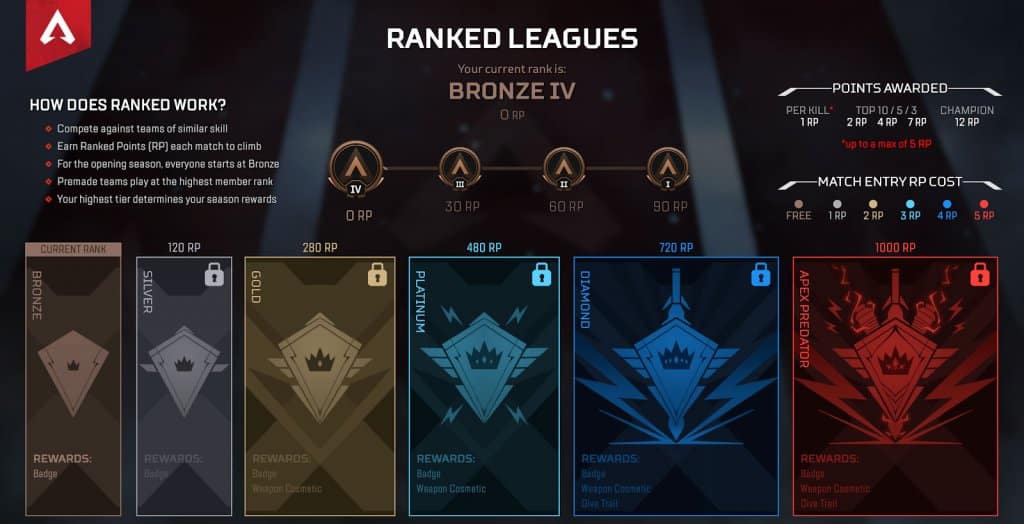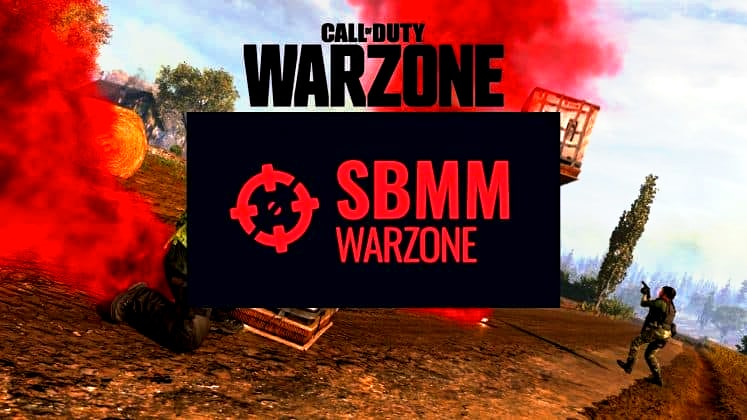You hear SBMM and don’t understand it? We explain to you what SBMM is and why it divides the CoD community so much.
An old debate has picked up steam even before the release of new Call of Duty: Modern Warfare II and Warzone 2.0 – should SBMM be integrated into CoD? What does SBMM even stand for and why is everyone so upset about it?
What is SBMM?
The abbreviation SBMM stands for “Skill Based Matchmaking” and roughly means that my fellow players and opponents are as good as you are. It is therefore an Elo system. Some games, such as Call of Duty: Warzone, do without fixed ranks or a visible points system. In Apex Legends, Fortnite or CS:GO, on the other hand, we can achieve ranks through victories or points and move up or down into other skill groups.

In normal matchmaking, on the other hand, the game searches for a lobby based on internet connection, ping and location to ensure the best possible running match without connection problems or lags. SBMM does not ignore these factors, but adds a performance-based parameter.
It is assumed that Call of Duty players are matched based on their playing time, K/D ratio (kills/deaths ratio) and their points per minute. The exact process of how players are matched in their lobbies has not yet been explained by the developers. In a nutshell, however, it can be said that through SBMM: Bad players are matched against bad players and good players are matched against good players.
The arguments in favour
The case for an SBMM is seemingly obvious and almost indisputable. Players who are less skilled or don’t have a lot of time to spend extensively on a game get some sort of puppy protection and aren’t beaten down by Twitch streamers or 19th semester students with no personal lives.
Call of Duty games are particularly affected by the SBMM, as CoD was originally the epitome of casual gaming and has always worked with rather small game modes (6 vs. 6). The fewer players there are in a team, the more likely it is that particularly good or bad ones of them will stand out and influence the final result.
Games such as Battlefield, for example, have never had such problems due to the large number of players per lobby. The distribution of good and bad players is more even in most cases and therefore makes an SBMM hardly necessary.
Everyone has probably experienced how frustrating it can be to play against opponents who are simply much better than you. For good reason, we don’t let the football C-youth of 1. FC Holzbein Kiel play against the national team of Brazil, it would simply be unfair. The SBMM provides a lobby at eye level and thus also less frustration for the players.
The arguments against
There are several reasons why players dislike SBMM. One of them sounds simple and also a bit strange: better players are punished because every player is matched against similarly strong opponents. Even though it may sound strange to some, everyone actually wants to dominate their opponents and show how good they are. However, if everyone in a match is equally good, this becomes virtually impossible.
If we do manage to do it, we run the risk of being moved to a higher group through the SBMM and meeting even better opponents.
Another criticism is that especially with hidden SBMM like the one suspected in Modern Warfare II, players find it difficult or impossible to notice if they have become better at a game. If all opponents are always similarly good to you, it is hard to tell whether you have improved or not.
For talented casual players, moreover, SBMM mutates relaxed matches into a sweaty experience. Players who are inherently better than others, but only want to play once in a while without having to watch ten different weapon guides or the latest movement trick on YouTube, are forced to invest more time than they actually wanted to for a short casual round in the evening.
After over 31,000 votes the overwhelming majority of voters (62%) said that Skill Based Matchmaking / SBMM should NOT be in Warzone. pic.twitter.com/PiBFjw6tpa
– ModernWarzone (@ModernWarzone) May 19, 2022
Where is the royal road?
Especially in Call of Duty, the conversation is led by a rather small group of streamers, pros and influencers who reject SBMM. The majority of the community, which consists mainly of casual players, is comparatively little listened to and would probably be happy not to end up at the bottom of the scoreboard in every other match.
In order to please both parties, many plead for different modes, such as those that have been available for a long time in CS:GO, Rainbow Six: Siege or Fortnite. A casual mode without any SBMM and a ranked mode whose placement depends on your skill.
Ultimately, the topic remains a hot potato for the CoD community and by 28 October at the latest, it will become clear which variant Infinity Ward has chosen for Modern Warfare II. Already in the beta, however, there were first indications that some kind of SBMM was active.


